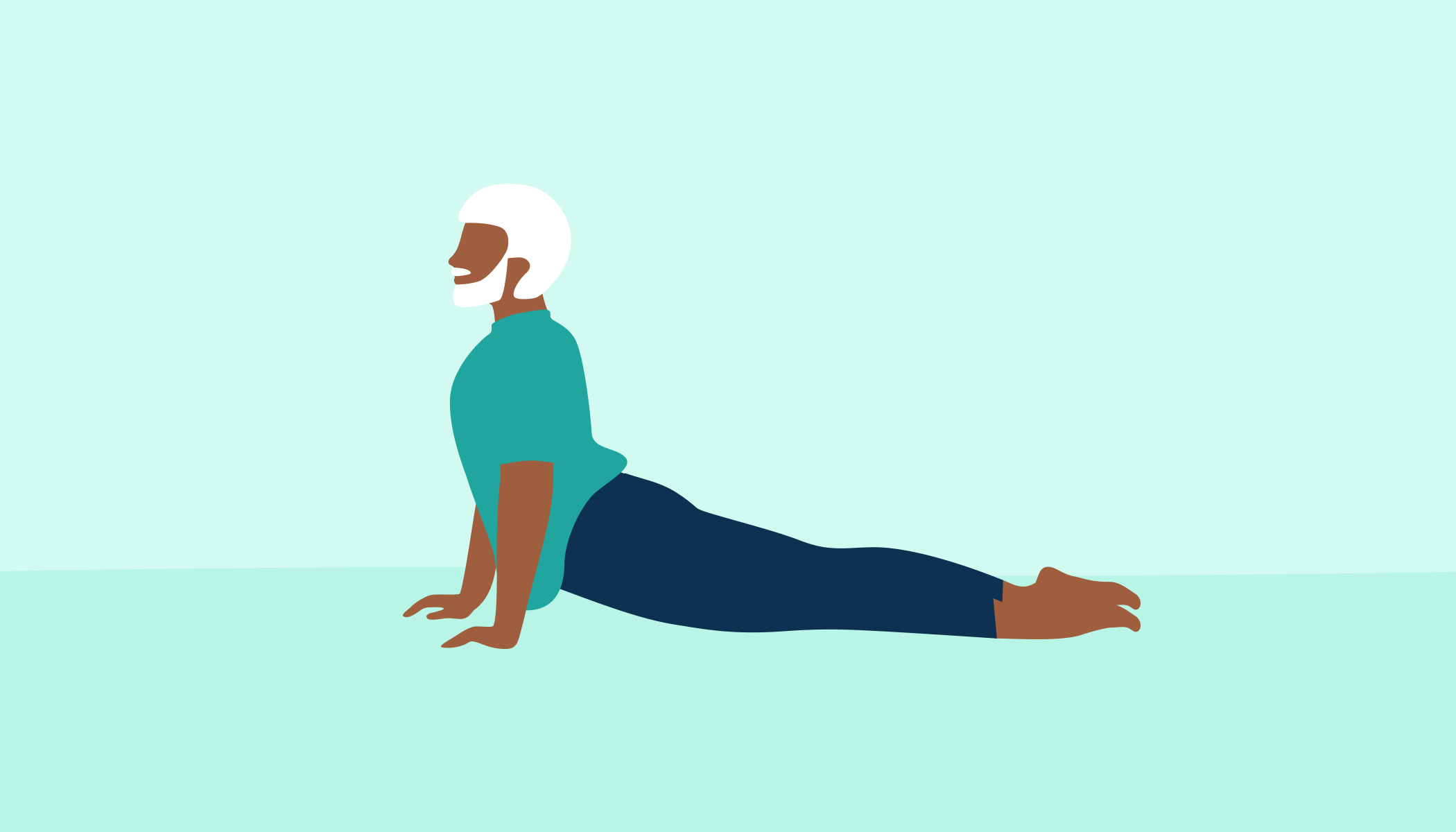A mastectomy is a treatment for breast cancer by removing the breast. It can be done in men and women with breast cancer. It’s usually recommended when:
- The cancerous cells are in a large area of the breast
- The cancer is located in the middle of the breast
- The cancer has spread throughout the breast
- There is a large amount of pre-cancerous cells found in the breast
Sometimes you might be advised to have a mastectomy if you're at a very high risk of developing breast cancer.
It may also be advised if you’ve had radiotherapy for breast cancer before or if you have abnormal cells in your milk duct (ductal carcinoma in situ or DCIS).
What are the different types of mastectomy?
The main types of mastectomy as part of breast cancer treatment are:
- Standard mastectomy – all of the breast tissue and most of the skin across the breast area of one breast is removed
- Double mastectomy – the surgical removal of both breasts
- Skin-sparing mastectomy – all of the breast tissue is removed, including the nipple, but most of the skin covering the breast is left
- Nipple-sparing mastectomy – all of the breast tissue is removed, but the skin covering the breast and nipple is left
- Radical mastectomy – a much less common procedure where all breast tissue is removed, as well as the skin covering it, the two muscles behind the breast and the lymph nodes in the armpit
- Modified radical mastectomy – same as a radical mastectomy, except the large muscle behind the breast is left in place
Some women who have a particularly high risk of breast cancer can also choose to have a mastectomy even when there are no signs of cancer. For example, if lots of people in your family have had breast cancer, you can be tested for the BRCA gene (BRCA1 and BRCA2) that raise your cancer risk.
Having a variant BRCA gene significantly increases your chance of developing breast cancer and may be a reason to consider having preventative surgery.
How would you prepare for a mastectomy?
A mastectomy is a major type of surgery. Before going ahead with the operation, you will have an opportunity to discuss how breast removal works and any concerns with a specialist breast care nurse or surgeon. You can also ask them questions about how the procedure might affect you physically and mentally, and where to get support.
Your nurse or surgeon will go through the type of mastectomy you will be having, the possible risks and complications, as well as the option of having a breast reconstruction afterwards.
Depending on the size of the breast cancer tumour or tumours, you may need to have chemotherapy or hormone therapy before having surgery to reduce their size.
What happens during the operation?
A mastectomy will be carried out under general anaesthetic, which means you will be asleep while it happens. The operation takes about 90 minutes, and most people will be able to go home the next day.
The surgery involves a horizontal or diagonal incision across your breast to remove the tissue. The amount will depend on the size of the tumour and the type of mastectomy you’re having.
Your surgeon will then put 1 or 2 drainage tubes in place to prevent any fluid building up in the breast space. These are usually left in for a few days before being removed.
The results of the surgery and any further treatment will be discussed at a follow-up appointment.
What is breast reconstructive surgery?
If you are having a mastectomy, your surgeon will usually discuss the option of having a breast reconstruction afterwards. Some women choose not to have reconstructive surgery after having a breast or both breasts removed. This might be because they don’t want to have more surgery, they want to get back to everyday life as soon as possible or they would prefer not to wear a prosthesis.
For those who do opt for a breast reconstruction, there are different options to replace the tissue removed during a mastectomy. It can be done at the same time as a mastectomy or a bit later on.
Reconstruction can be a hard decision, so don’t be afraid to ask lots of questions. A surgeon may be able to show you photographs of women who have had a breast reconstruction to give you an idea of what to expect.
What support is available to help with recovery?
It can take up to 6 weeks to fully recover from a mastectomy. Recovering from a mastectomy or any form of cancer treatment can be physically and emotionally challenging. Before you leave the hospital, your doctor or nurse will talk to you about what to do when you get home.
Join a community – before and after having a mastectomy, you might find it helpful to chat to others who have had the same surgery
Get lots of rest – you'll probably feel more tired than usual for several weeks and will need a lot of rest and plenty of sleep
Do gentle exercises – arm exercises are recommended to encourage the full range of movement back to your arm and shoulder
Take it easy – avoid too much strenuous activity such as housework and heavy lifting, until you get the all-clear from your doctor
Ask about other support – your doctor can give you information on things like how to exercise safely or how to get physiotherapy
What are the risks of a mastectomy?
Like with most techniques used in cancer surgery, having a mastectomy has improved significantly over recent years. But as with any kind of major surgery, there are risks involved. Here are some of the complications to consider with breast cancer surgery and how they can be managed.
- Wounds can become infected but are usually easily treatable with antibiotics
- Problems with wound healing (including a hematoma and seroma) can occur, where blood or clear fluid accumulates in the wound – these can resolve on their own but also respond to a surgical drain treatment
- Excessive bleeding during can happen after surgery but is very rare – especially if the procedure is more extensive
- General anaesthesia always involves a slight risk for breathing and heart problems, as well as any adverse reactions to the drug
- After surgery it may be harder than before for lymph fluid to drain from the arm – this can result in swelling which can be prevented and managed
- Reconstructive surgery holds its own set of risks which you discuss with your doctor to help you decide if it’s the most suitable option
What do I need to know about mastectomy scars?
Like with most operations, you will have some scarring from a mastectomy. The scar is likely to extend across the skin of the chest and into the armpit, and can usually be hidden by wearing a bra cup. Over time the scar will fade and become lighter and flatter – but it will always be slightly visible. Scar tissue will also feel numb when touched.
Some people may feel upset with the way their scar looks, and there is the option of having corrective surgery if it is causing you emotional distress.
After surgery, you will have a dressing over the wound that tends to stay in place until you go back into hospital to be checked over. For some patients, their surgeon will prefer to have a look at the wound the following day. At first glance, the area may appear quite bruised and swollen, which should not last long.
You will be given information about how to look after the wound and who to speak to if you are worried about the healing, before you’re discharged from hospital. If you have any questions about how to treat a scar, speak to a GP.
When to speak to a doctor
If you find a lump in your breast, always get it checked by a GP.
Checking your breasts regularly also helps you notice any changes to the skin colour, texture, feel and shape of your breasts or nipples.
A Livi GP can also give you advice if you are worried about your recovery after having a mastectomy or looking after the scar.
This article has been medically approved by Dr Bryony Henderson, Lead GP at Livi.


